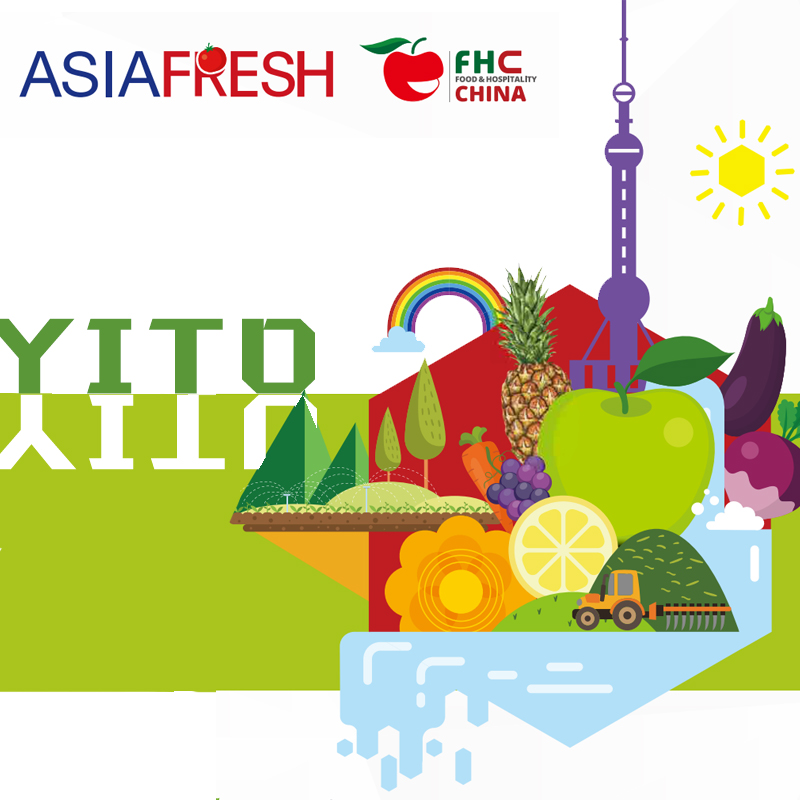In the age of sustainability, every detail counts—including something as small as a sticker. While labels and stickers are often overlooked, they play a critical role in packaging, logistics, and branding. However, traditional stickers made from plastic films and synthetic adhesives contribute to environmental waste and can hinder recyclability.
At YITO PACK, we understand that sustainable packaging is not complete without sustainable labeling. In this guide, we explore what biodegradable stickers are made from, the materials behind them, and why they matter for businesses committed to eco-conscious practices.
Why Biodegradable Stickers Matter
Consumers and regulators alike are pushing for more sustainable packaging solutions. Brands across food, cosmetics, agriculture, and e-commerce are responding by turning to compostable or biodegradable alternatives—from pouches to trays to labels.
Biodegradable stickers offer a way to reduce environmental footprint without compromising on functionality or design. Unlike conventional stickers that contain petroleum-based plastics and harmful adhesives, biodegradable options decompose naturally, leaving no toxic residue. They not only help reduce landfill waste but also align your brand with sustainability-driven values.
What Makes a Sticker “Biodegradable”?
Understanding the Definition
A biodegradable sticker is made from materials that break down into natural components—water, carbon dioxide, and biomass—under certain environmental conditions. These conditions may vary (home composting vs. industrial composting), and understanding this distinction is crucial when selecting the right product.
Biodegradable vs. Compostable
While often used interchangeably, "biodegradable" simply means the material will break down eventually, whereas "compostable" means it breaks down within a specific time frame and leaves no toxic residue. Compostable materials meet stricter certification standards.
Global Certifications to Know
-
EN 13432 (EU): Recognizes industrial compostability for packaging
-
ASTM D6400 (USA): Defines compostable plastics in commercial composting facilities
-
OK Compost / OK Compost HOME (TÜV Austria): Indicates industrial or home compostability
At YITO PACK, our biodegradable stickers meet globally recognized certification standards to ensure true sustainability.
Common Materials Used in Biodegradable Stickers
Derived from wood pulp or cotton linters, cellulose film is a transparent, plant-based material that biodegrades quickly and safely in natural environments. It's oil-resistant, printable, and heat-sealable, making it ideal for food-safe applications. At YITO PACK, our food-grade cellulose stickers are particularly popular in fruit and vegetable packaging.
Made from renewable resources like corn starch or sugarcane, PLA film is one of the most commonly used compostable plastics. It is transparent, printable, and suitable for automated labeling equipment. However, it typically requires industrial composting conditions to break down efficiently.
For a rustic and natural look, recycled kraft paper labels are a popular option. When paired with compostable glues, they become fully biodegradable. These labels are ideal for shipping, gift wrapping, and minimalist product packaging. YITO PACK offers both pre-cut shapes and custom die-cut solutions.
Adhesives Matter Too: The Role of Compostable Glue
A sticker is only as biodegradable as the glue it uses. Many labels that claim to be eco-friendly still use synthetic adhesives that do not break down and can interfere with composting or recycling systems.
YITO PACK addresses this issue by using solvent-free, plant-based adhesives designed to work with paper, PLA, and cellulose films. Our adhesives are compliant with compostability standards, ensuring that the entire sticker system—film + glue—is biodegradable.
Benefits of Biodegradable Stickers
Environmentally Responsible
Significantly reduces microplastic pollution and landfill buildup.
Brand Credibility
Signals commitment to eco-values, attracting green-minded consumers.
Compliant with Global Markets
Meets EU, US, and Asian environmental packaging regulations.
Safe for Direct Contact
Many biodegradable materials are food-safe and hypoallergenic.
Compatible with Standard Equipment
Works with modern label dispensers, printers, and applicators.
Applications Across Industries of Biodegradable Stickers
Food Packaging Labels
In the food industry, labeling is essential for regulatory compliance, branding, and consumer trust. YITO PACK’s biodegradable food labels are made from PLA film, cellophane, or sugarcane bagasse paper, and are fully safe for direct and indirect food contact.
Use Cases:
-
Branding stickers on compostable snack pouches
-
Ingredient or expiration labels on PLA cling film wraps
-
Temperature-resistant labels on paper-based coffee cup lids
-
Informational stickers on biodegradable takeout boxes

Fruit Labels
Fruit labels may seem small, but they face unique challenges: they must be safe for direct skin contact, easy to apply on curved or irregular surfaces, and remain attached in cold storage or transit. As one of the important fruit packaging, the fruit labels are choosen as one of the products that will be shown on the AISAFRESH Fruit Fair in the November, 2025 by YITO.
Cosmetics & Personal Care Products
The beauty industry is moving rapidly toward eco-conscious branding. Whether applied to glass jars, paperboard packaging, or compostable cosmetic trays, biodegradable labels help reinforce a natural, minimal, and ethical image.
Tobacco & Cigar Labels
Tobacco packaging often requires a combination of visual appeal and regulatory compliance. For eco-conscious cigar brands and cigarette manufacturers, biodegradable stickers can be used on both primary and secondary packaging.
Use Cases:
-
PLA or cellophane labels on cigarette tip films
-
Tamper-evident labels on outer cartons or cigar boxes
-
Decorative and informative stickers for custom cigar labels
E-commerce & Logistics
With the rise of green shipping and plastic-free packaging mandates, sustainable labeling is becoming a must in e-commerce and warehousing.
Use Cases:
-
Branding labels on kraft paper mailers
-
Compostable carton-sealing tapes printed with company logos or instructions
-
Direct thermal shipping labels made from eco-coated paper
-
QR code labels for inventory tracking and returns management
Biodegradable stickers are not just an environmentally responsible choice—they are practical, customizable, and regulation-ready. Whether you’re labeling fresh fruit, luxury cosmetics, or logistics packaging, YITO PACK delivers reliable, certified, and beautifully finished eco-labels that align with your brand’s sustainability goals.
Related Products
Post time: Aug-04-2025







